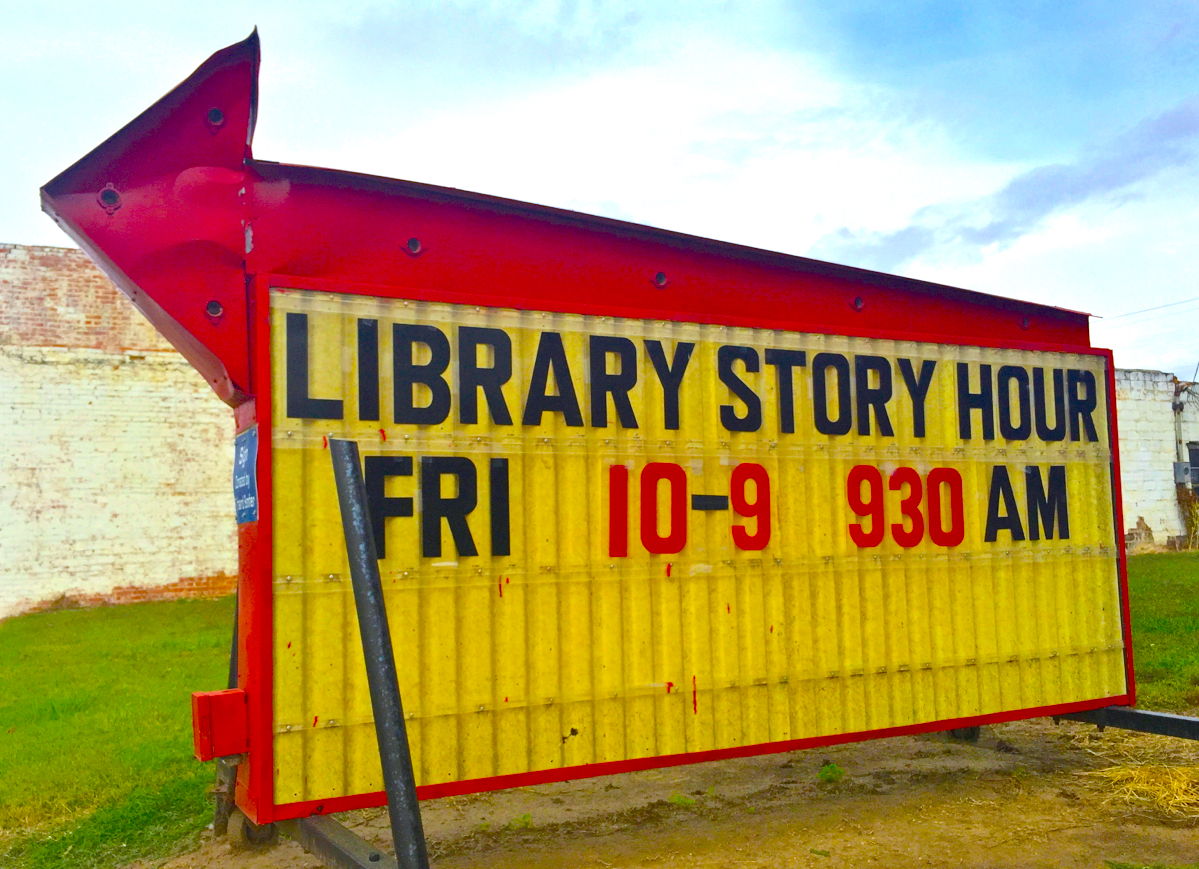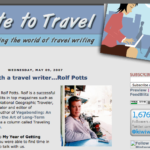Excuse me if I’m a little terse here. It’s not about travel. It’s about writing. If you want to publish stories, you have to think about readers first. Why should readers pay (or even take the time) to read your stories if the writing isn’t hard and sharp, instructive and edifying? So my advice would be to think about travel writing from the writing angle. Provide readers with a well-thought-out, well-written, insightful article. At Outside we often get manuscripts from people who want to finance their travels with writing. Usually these are little more than journal entries. Well, good. That’s raw material. It needs to be shaped, considered, structured. The writer needs to ask: Is there any lesson — moral, physical, emotional — to be derived from events related? So my answer would be to work on the writing. Write well. Engage the reader. The readers are pretty sharp, and I think they see through articles written by people who want them to finance their travels. They feel a small bit of condescension. Sorry about being so sharp here. You’ve hit on a pet peeve of mine. I’ll say it again: It ain’t about traveling, it’s about writing.
—Tim Cahill, interviewed in Outside (2001)
Good stories have rising action. If you give away your best material at the beginning of the story, you can’t create tension. The fundamental purpose of narrative’s first paragraph is to make the reader continue to the second paragraph. And the purpose of that paragraph is make him read the third paragraph. Even in daily newspaper stories. I don’t think about a lede, I think about an opening section. It is not useful to think about just your first paragraph, because you don’t want the reader to stop at the end of it. The entire opening section must offer an experience that propels the reader forward through your story. Whatever you convey, it will be pointless unless the reader stays with you to the end. To make that happen, your story must get better as it does. Open with something good. Build toward something even better.
–Tom French, “Sequencing: Text as Line,” from Telling True Stories (2007)
Why are we reading if not in hope that the writer will magnify and dramatize our days, will illuminate and inspire us with wisdom, courage, and the possibility of meaningfulness, and will press upon our minds the deepest mysteries, so we may feel again their majesty and power? What do we ever know that is higher than that power which, from time to time, seizes our lives, and reveals us startlingly to ourselves as creatures set down here bewildered? Why does death catch us by surprise, and why love? We still and always want waking. We should amass half-dressed in long lines like tribesmen and shake gourds at each other, to wake up; instead we watch television and miss the show.
–Annie Dillard, The Writing Life (1989)





